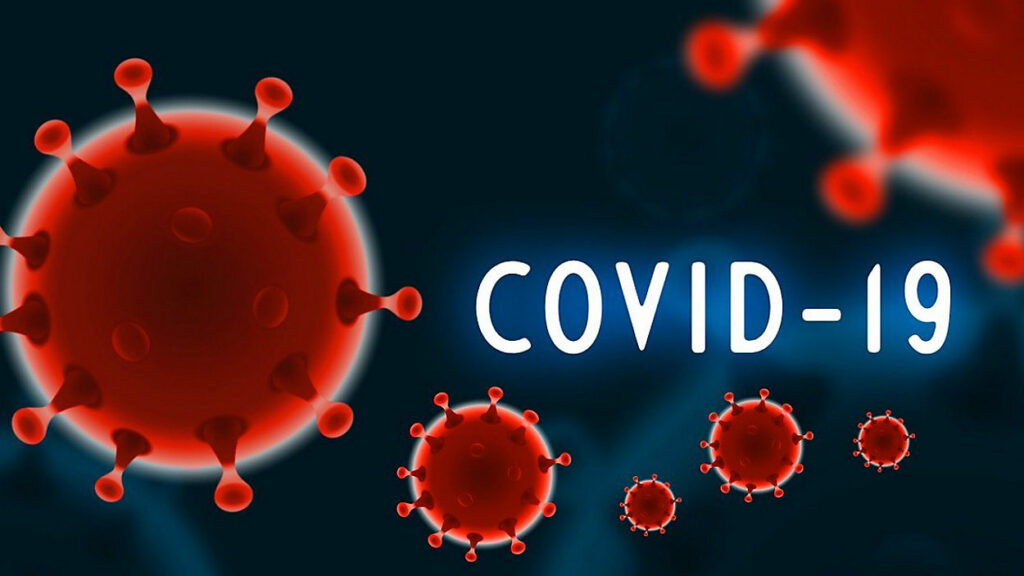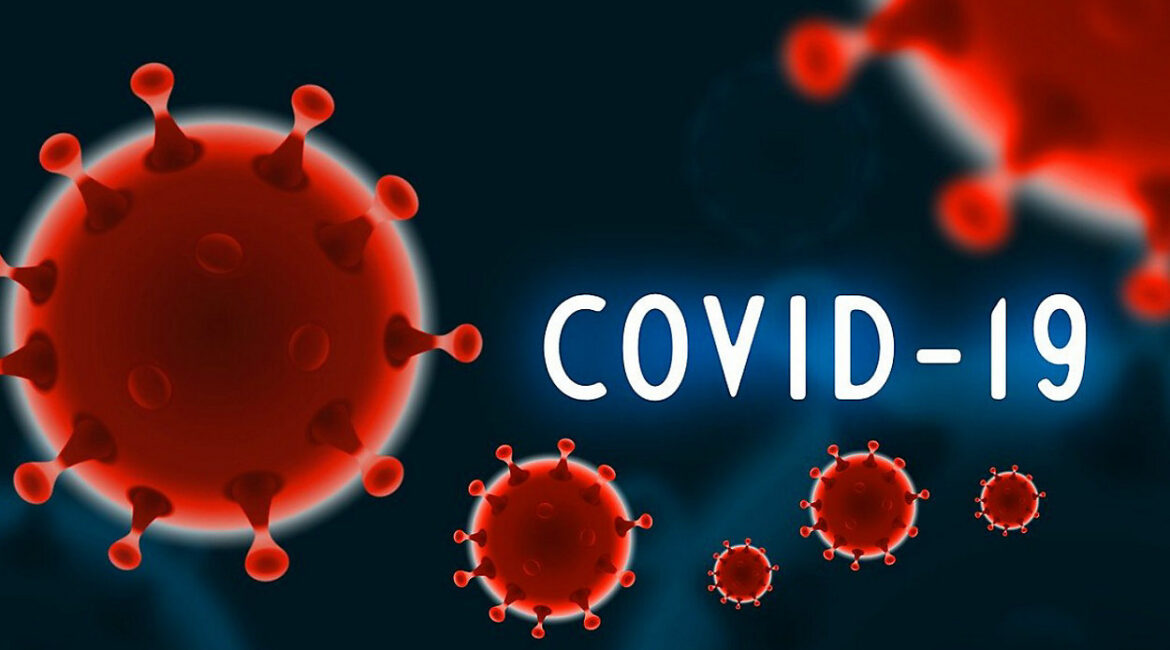Omicron has arrived in Wisconsin, and there are things, according to health officials, they both do and do not know about this most recent coronavirus variant.
According to a recent press release, the Wisconsin Department of Health Services (DHS) this week detected the Omicron variant in an adult male residing in Milwaukee County who recently returned from a trip in South Africa. He was fully vaccinated and had received a booster dose. He reported mild symptoms and did not need hospitalization.
Known as B.1.1.529, Omicron was classified as a variant of concern by the Centers for Disease Control and Prevention on Nov. 30. Variants are classified as variants of concern if they show evidence of being more contagious, causing more severe illness, or resistance to diagnostics, treatments, or vaccines, the release noted.
“There is a lot we do not know, with confidence, about this variant, like increased transmissibility, more severe or more frequent severe disease, and impact from vaccination,” Jefferson County epidemiologist Samroz Jakvani was quoted as saying within the release.
However, he emphasized, there still are many things that are known.
“What we do know is that there are rather numerous mutations compared to previously observed variants. Some of these are known mutations that we are familiar with, and others have not been observed or have not been studied thoroughly,” he added.
He pointed out that health officials also know how to prevent the spread of SARS-CoV-2, and how to protect people.
“It is highly likely that vaccination will continue to offer protection from severe disease and death. Our public health best practices of wearing a mask in public settings, physical distancing, increasing ventilation, getting tested when appropriate, and staying home when sick will help us to control our case activity and reduce the burden of illness,” Jakvani said.
In a related release, in announcing the Omicron variant’s arrival in the state, Gov. Tony Evers said it is time to double down on efforts to stop the spread of COVID-19, including the Omicron variant.
“I urge all eligible Wisconsinites to get vaccinated and receive a booster dose as soon as possible and to follow the latest public health guidance,” Evers said within the release.
First discovered in South Africa in November, the Omicron variant contains a concerning number of mutations to the spike protein. Certain mutations on the spike protein already were recognized on other variants and have been associated with increased transmissibility and antibody resistance.
DHS officials said it will take several weeks to determine Omicron’s transmissibility, impact on disease severity, and the effectiveness of vaccines and treatments against it.
“With the detection of Omicron in Wisconsin, Wisconsinites should stay vigilant in their efforts to stay healthy and to help prevent further strain on our heavily burdened hospital system. As we learn more about this variant and how easily it spreads, it’s crucial that all Wisconsinites continue to practice good public health safety measures like getting vaccinated, wearing a mask, staying home if you’re sick, and getting tested,” DHS Secretary-designee Karen Timberlake said in the release.
Information on variant case counts is provided by the Wisconsin State Lab of Hygiene. Variants are identified through a process called whole genome sequencing, which takes a sample of the virus from a positive SARS-CoV-2 test specimen and reads its genetic code to determine the genetic makeup of the virus.
DHS, the Wisconsin State Laboratory of Hygiene, and other laboratory partners regularly perform whole genome sequencing on a portion of positive tests.
Jakvani joined DHS in urging all Wisconsinites to follow these public health practices to protect against COVID-19, including variants like Omicron:
• Get vaccinated.
• Get your booster if eligible.
• Wear a mask in public indoor settings.
• Stay home if you’re feeling sick.
• Wash your hands frequently.
• If you’re experiencing symptoms or have been identified as a close contact, get tested for COVID-19.
Everyone ages 5 and up can receive a safe and effective COVID-19 vaccine. Additionally, the CDC now recommends that everyone 18 and older receive a booster dose of COVID-19 vaccine at least six months after having received their second dose of the Pfizer or Moderna vaccine or two months after their single dose of Johnson & Johnson vaccine.
Vaccines are free and one does not need an ID or health insurance to get one. To find a vaccine location in your community visit Vaccines.gov or call 211 or 877-947-2211.
For up-to-date information about Wisconsin’s COVID-19 response, visit the DHS COVID-19 webpage.

This post has already been read 1424 times!


